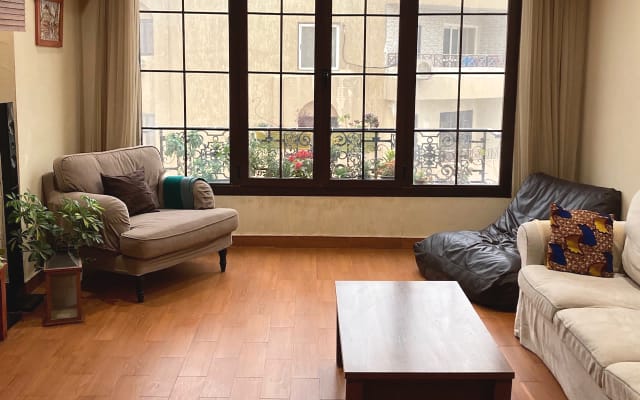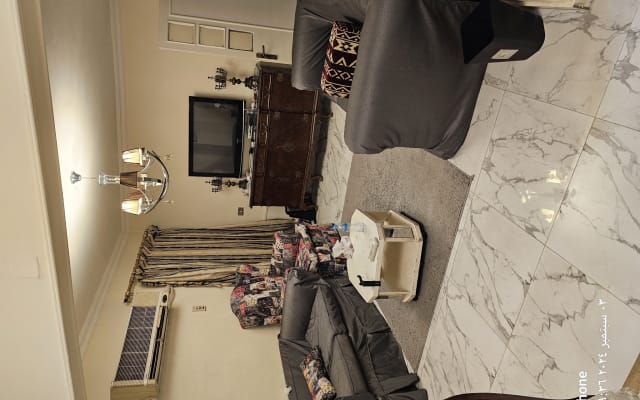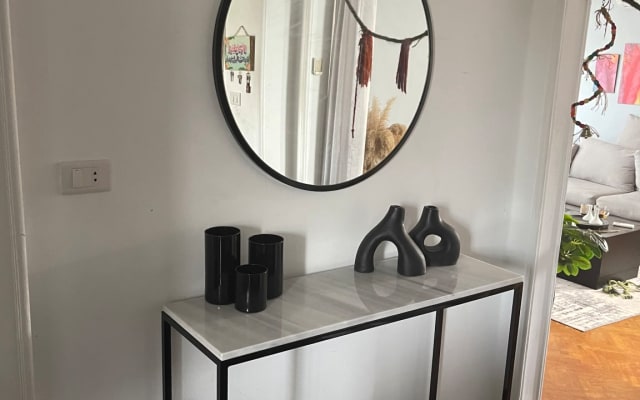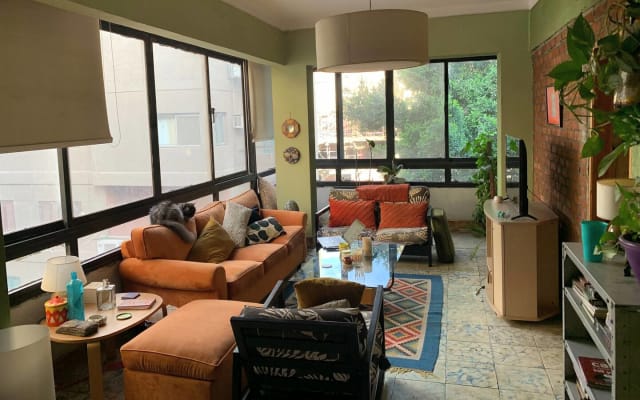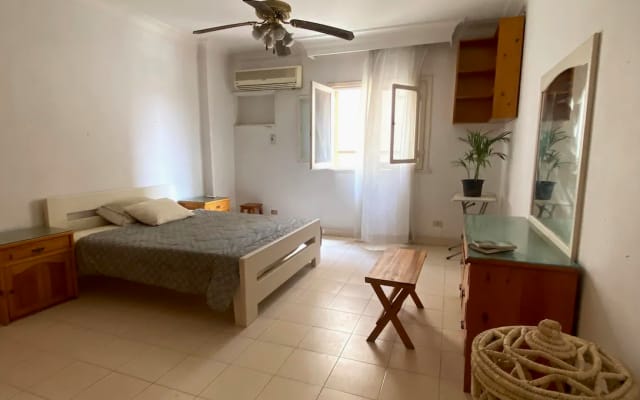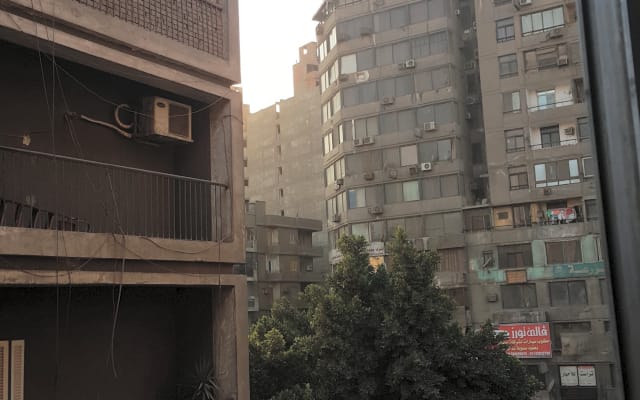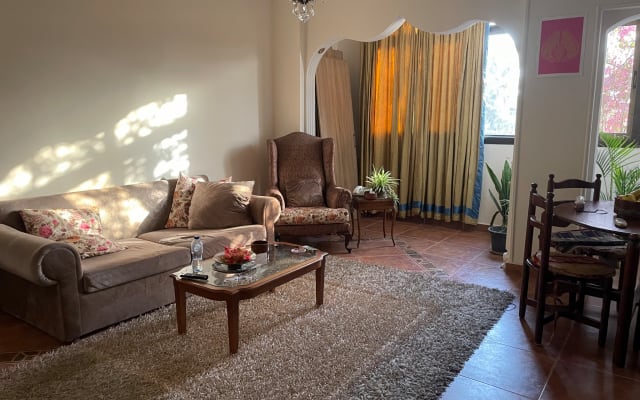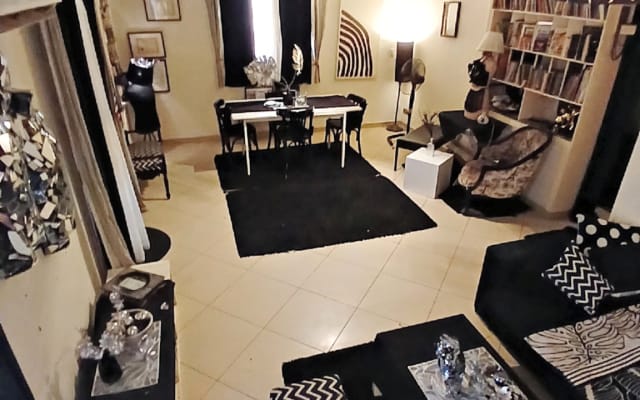Before visiting the famous Pyramids of Giza or touring the banks of the Nile, you may wonder about LGBTQ rights in Egypt and ask yourself, “Is Egypt safe for LGBTQ travelers?” While homosexuality is not explicitly illegal as is the case in many of Egypt’s neighboring countries, the lack of gay rights in Egypt is a major concern. Egyptians are extremely religious, and as the teachings of Islam do not explicitly support homosexuality, this mindset remains strong among local society.
According to the latest LGBTQ Travel Index by Spartacus, Egypt ranked -9 in terms of its LGBTQ rights, scoring well below many other countries in criterion such as antidescrimination legislation, civil partnerships, and anti-gay laws. A 1961 law forbidding ‘debauchery’ has been reinterpreted to persecute LGBTQ people, leading to mass arrests and horrific abuses, along with up to three years imprisonment. Gay marriage and gay adoption are illegal, stances Egyptians largely support. 95% of Egyptians are reported to find homosexuality unacceptable to society.
While shocking in comparison to much of Europe, the absence of gay rights in Egypt is comparable to the situation in many Arab and North African countries. Given the prevalent attitude in the country, LGBTQ workers can expect significant discrimination, while in the media, LGBTQ themes are censured in accordance with recent government mandates. And while there are no laws directly targeting trans people, there are no explicitly granted trans rights in Egypt, either. It is safe to presume that trans people suffer from the same application of the ‘debauchery’ law as other members of the LGBTQ community.
Egypt began imprisoning men suspected of being gay in the 1990s, under the regime of Hosni Mubarak, in supposed enforcement of the ‘anti-debauchery’ law. After the Arab Spring uprisings of 2011 and the subsequent ousting of Mubarek, LGBTQ rights seemed capable of gaining hold. The newly elected president, Mohommed Morsi of the Islamic Brotherhood, was surprisingly liberal in his enforcement of the decades-old law, and the LGBTQ community flourished as a result. But when Morsi was deposed by the president, Abdel Fateh al-Sisi, the lack of gay rights in Egypt and the old crackdowns returned.
But what about a trip to the capital? Is Cairo safe for LGBTQ travelers? Recent visitors have reported that while public displays of affection in Cairo are not advisable, cautious tourists should be able to visit without problems. There is certainly no gay area in Cairo, and while there is a semblance of a gay scene, it is very much underground and tourists are advised not to seek it out. Police also monitor any form of a gay chat room, and often organize false dates in order to prosecute any offenders.
So is Cairo safe for gay travelers? Yes, but it is important to be cautious. And you will definitely not find any Pride events, since any display of LGBTQ activism is met with stern reprisals and inhumane treatment. In 2017, for example, a concert by a Lebanese band fronted by a gay singer saw dozens of arrests, purportedly for non-compliance with this same ‘anti-debauchery’ law that is so often used to persecute the LGBTQ community.
Egypt is a beautiful country with a fascinating history and remarkable monuments. While there are virtually no LGBTQ rights in Egypt and visitors must be careful, and ask themselves is Egypt safe for LGBTQ travelers? With the proper precautions, it can be, and you are sure to have a unique and enjoyable experience while abroad.
/location_photos/data/13891/original/egyptcountryguideedit-1579622003.jpg)
 by
by








